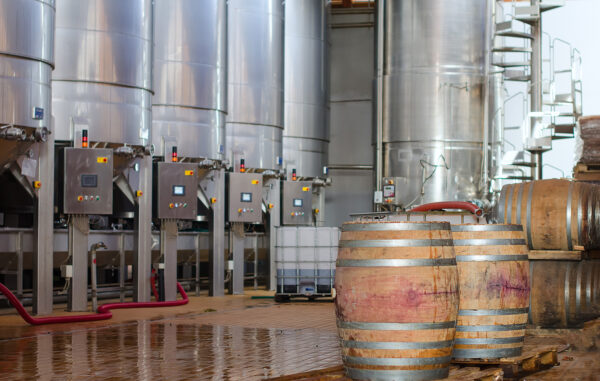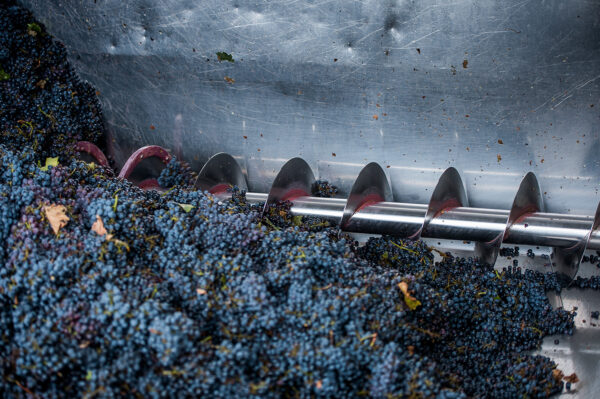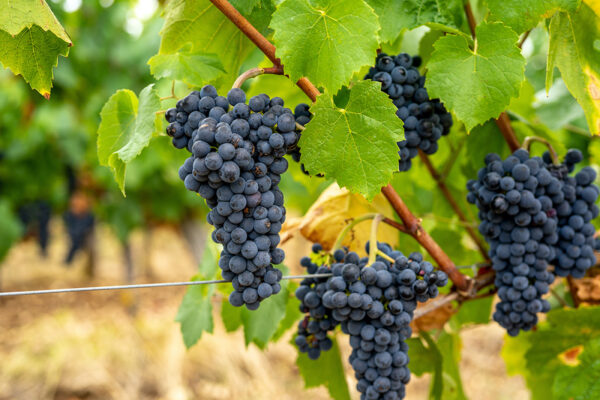
Rogoway Law Secures TTB Approval for Baga on American Wine Labels
For wineries looking to use Baga on their American wine labels, we have exciting news: Rogoway Law Group successfully petitioned the Alcohol and Tobacco Tax and Trade Bureau (TTB) to add Baga to the list of administratively approved grape variety names for American wines.3 What is Baga? Baga is a distinguished red wine grape variety from Portugal that is very









